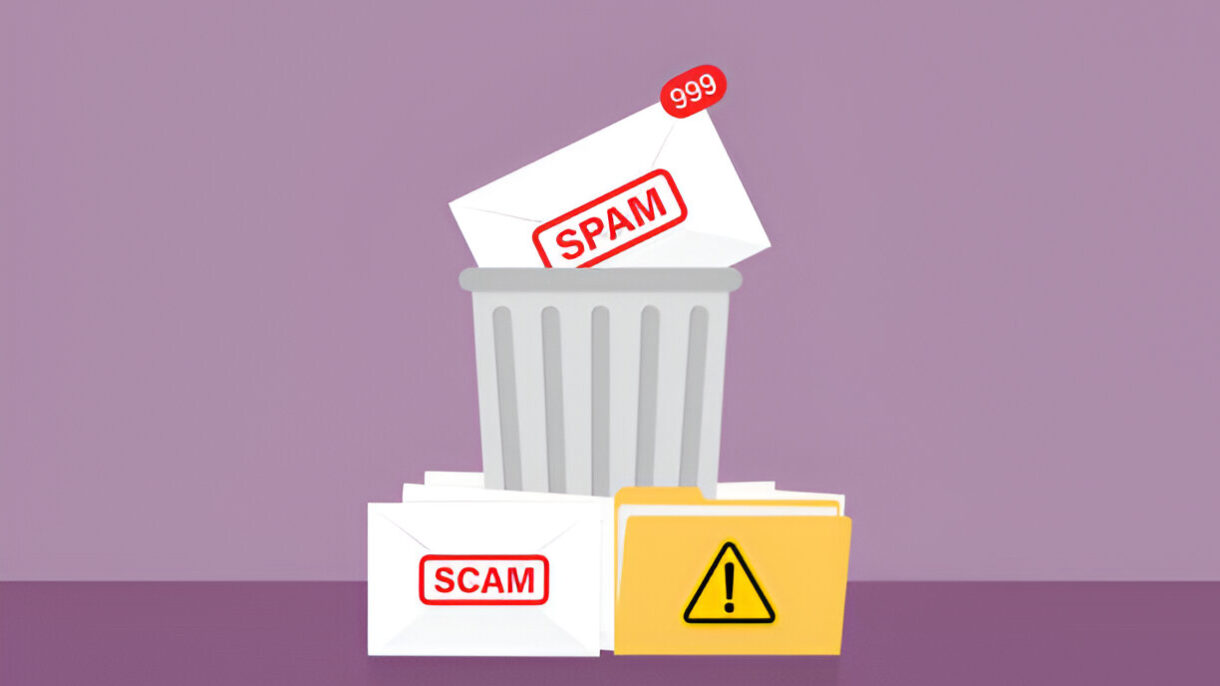Google recently updated its spam policies as part of a routine review, with notable enhancements in areas related to site reputation abuse and several other elements of its search spam guidelines. This refresh helps clarify existing rules while adding new details for webmasters and content creators to follow.
Why the Update?
According to Google, they periodically review and refresh their documentation. As stated by Google, “We review and refresh our documentation periodically. This update is part of that process.” The goal is to keep the policies up-to-date and relevant for the current state of the web.
What’s New in the Spam Policies?
The most significant change lies in the site reputation abuse policy. A new section clarifies the difference between genuine content production and manipulation attempts. Google emphasized the need for direct involvement in creating unique content, as opposed to relying on third-party services that simply redistribute content for the purpose of boosting search rankings.
Here’s how the new section reads:
“Close oversight or involvement is when the first-party hosting site is directly producing or generating unique content (for example, via staff directly employed by the first-party, or freelancers working for staff of the first-party site). It is not working with third-party services (such as ‘white-label’ or ‘turnkey’) that focus on redistributing content with the primary purpose of manipulating search rankings.”
Other Notable Changes
Several other less noticeable changes were made, including:
- Updated introductory paragraph to reflect current policies
- Link spam definition was revised
- Machine-generated traffic (or automated traffic) received more clarity
- Misleading functionality section was expanded
- Scraping section was simplified
Emphasis on Spam Tactics and Penalties
Google further clarified its position on spam tactics, stating that attempts to circumvent spam policies may result in lower search rankings or even removal from search results altogether. They have also made it easier to reference this information by integrating an explanation of close involvement from their blog posts.
Why You Should Care
Every update Google makes to its search policies can potentially lead to penalties, whether algorithmic or manual. This latest update may signal changes to how certain websites are ranked, especially those engaging in manipulative tactics. It’s important for site owners and SEO professionals to regularly review these policy updates to stay compliant and avoid possible penalties.
In conclusion, keeping up with Google’s evolving spam policies is crucial for anyone looking to maintain or improve their site’s visibility.


